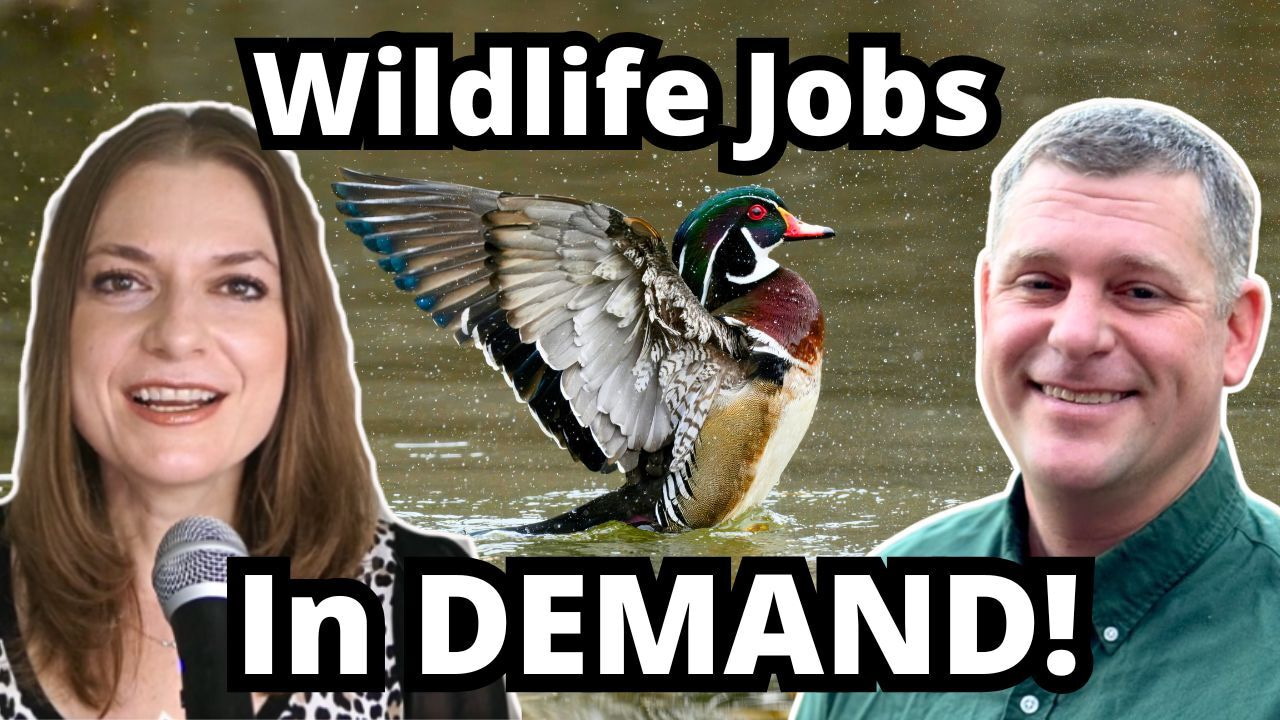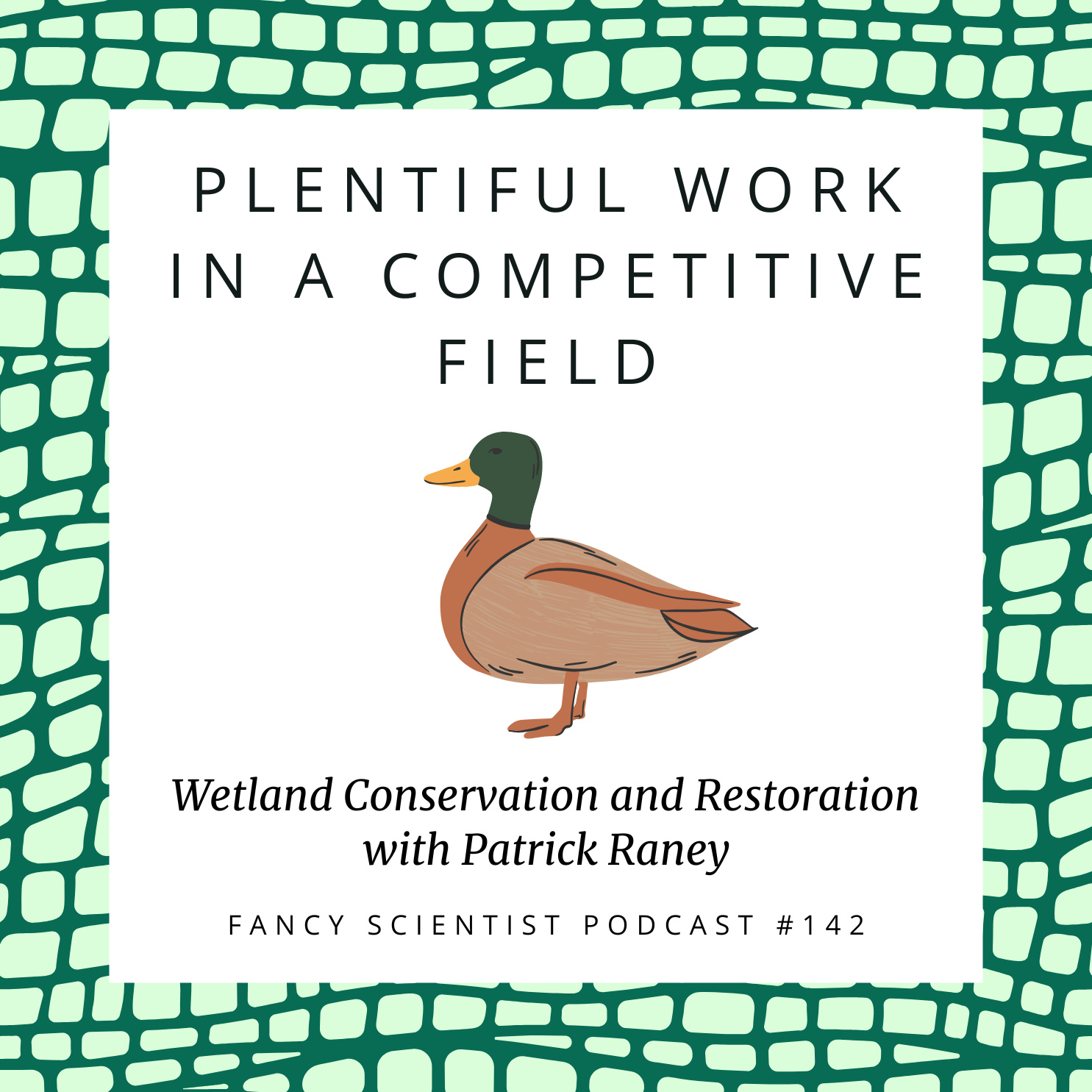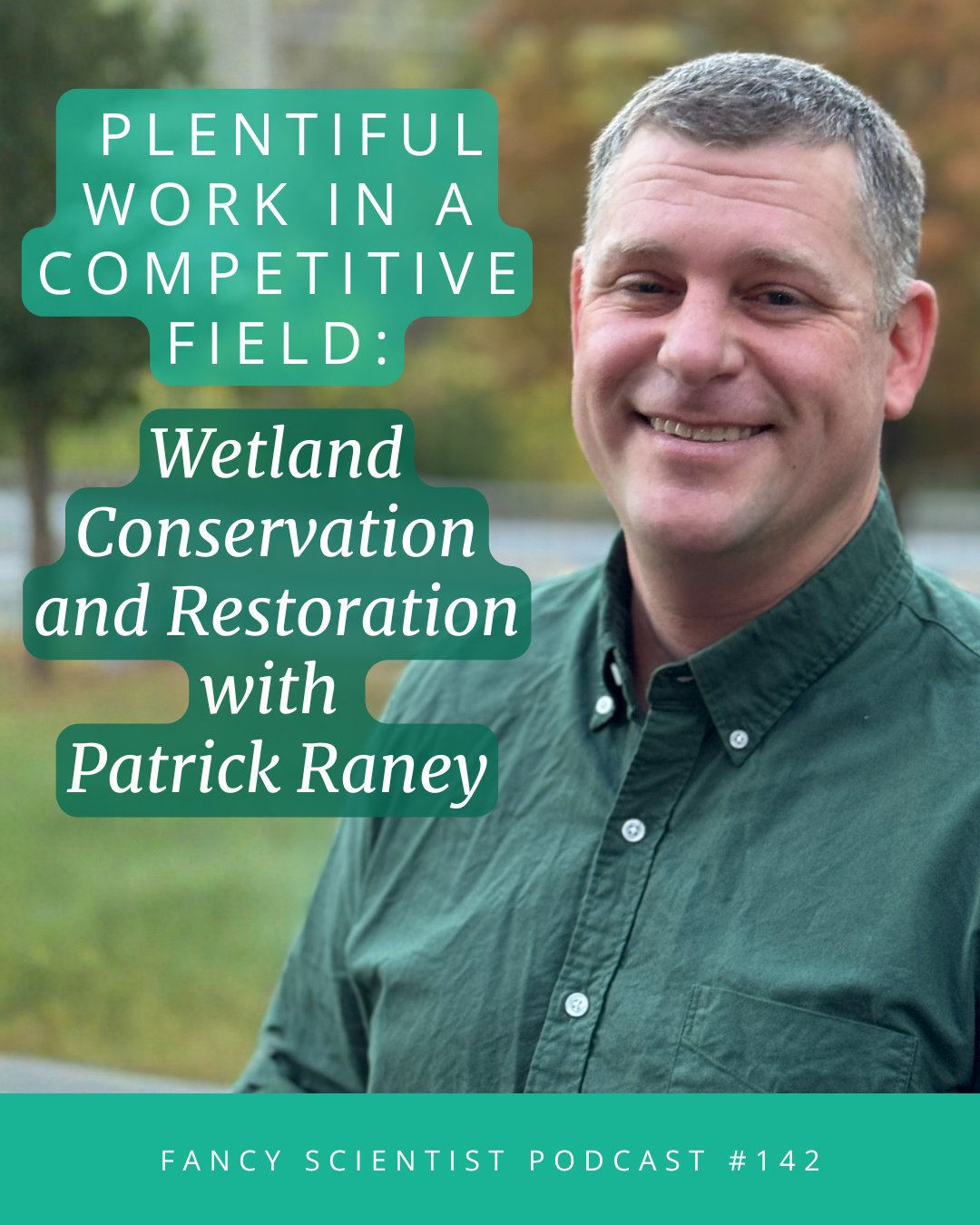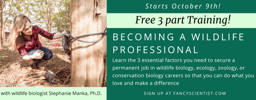Plentiful Work in a Competitive Field: Wetland Conservation and Restoration with Patrick Raney

Listen to Plentiful Work in a Competitive Field: Wetland Conservation and Restoration with Patrick Raney here: https://stephanieschuttler.com/142-patrick-raney/
It’s well known that careers in wildlife, conservation, and the environment are incredibly competitive. In fact, it’s not uncommon for a job to have hundreds of applicants. So you might be surprised to hear that there are jobs that are difficult for employers to fill. Yes, difficult! (insert mind blown emoji here). To be honest, I was surprised too.
Today’s episode of the Fancy Scientist podcast is inspired by this recent insight, and it came about through a new connection on LinkedIn. Dr. Patrick Raney, the Director of Conservation Programs in the Great Lakes Atlantic region of Ducks Unlimited, and I were messaging each other about conservation jobs, and he mentioned that it had actually been difficult for him to find qualified applicants to fill certain positions Given that so many people are struggling to get jobs, I immediately thought that this was wonderful news and that I needed to have him on the podcast to learn more and help those in need.

As the Director of Conservation Programs in the Great Lakes Atlantic region of Ducks Unlimited, Patrick leads wetland restoration and mitigation efforts to restore habitat, protect biodiversity, and ensure that long-term conservation wins for both wildlife and communities.
In this episode, you’ll learn about Patrick’s winding career path to Ducks Unlimited and early interest in conservation. We also talk a lot about what I am now calling “wildlife adjacent careers,” that is, careers that are related to wildlife work, but are not necessarily directly involved in research. This includes fields that you might not think of when it comes to helping wildlife, in this case, careers in engineering that rebuild wetland habitats.
Patrick initially trained as a plant biologist and started his journey at the early age of 16 with a summer camp job that he demanded (yes, demanded!). It’s a great story that you won’t want to miss. In it, he demonstrates his unstoppable attitude towards going after your wildlife career, which is CRITICAL in this field. We also follow his career progression through various roles in environmental science and research.
"The conservation field needs skilled folks that can tackle challenges. Sometimes I meet people who just need some encouragement and some of the right stepping stones.."

"I think it’s vital to do some volunteering, but a little bit does go a long way… You don’t have to spend the whole summer doing it for it to be effective"
If you’re interested in wildlife careers, you’re going to get a lot of specific and concrete advice on how to approach your career, as well as creative ideas to think differently than others to set yourself apart. And if you’re not on a wildlife career track, you’re going to learn about important conservation practices that work and successful wetland restoration efforts.
"I wouldn't be too concerned about landing your dream job or that kind of destination job right out of undergrad…think about things in terms of your career as a continuum."
Specifically, we go over:
- What wildlife adjacent jobs are and how to think about careers in conservation
- Patrick’s work at Ducks Unlimited and what they do as an organization to protect wildlife
- How Patrick got started in wildlife work and the unexpected turns his career took
- How you can get started in wildlife, conservation, and environmental careers
- The importance of volunteering and how to make it work for you, even with limited time and resources
- How Ducks Unlimited works with various stakeholders to achieve conservation success What jobs are in demand for wildlife careers
- Creative ways to set yourself apart from others to secure experience, jobs, and more
- Making LinkedIn an asset to network, connect with others, and share your professional achievements
- And MORE!
Listen to Plentiful Work in a Competitive Field: Wetland Conservation and Restoration with Patrick Raney here: https://stephanieschuttler.com/142-patrick-raney/



Please sign in or register for FREE
If you are a registered user on WildHub, please sign in